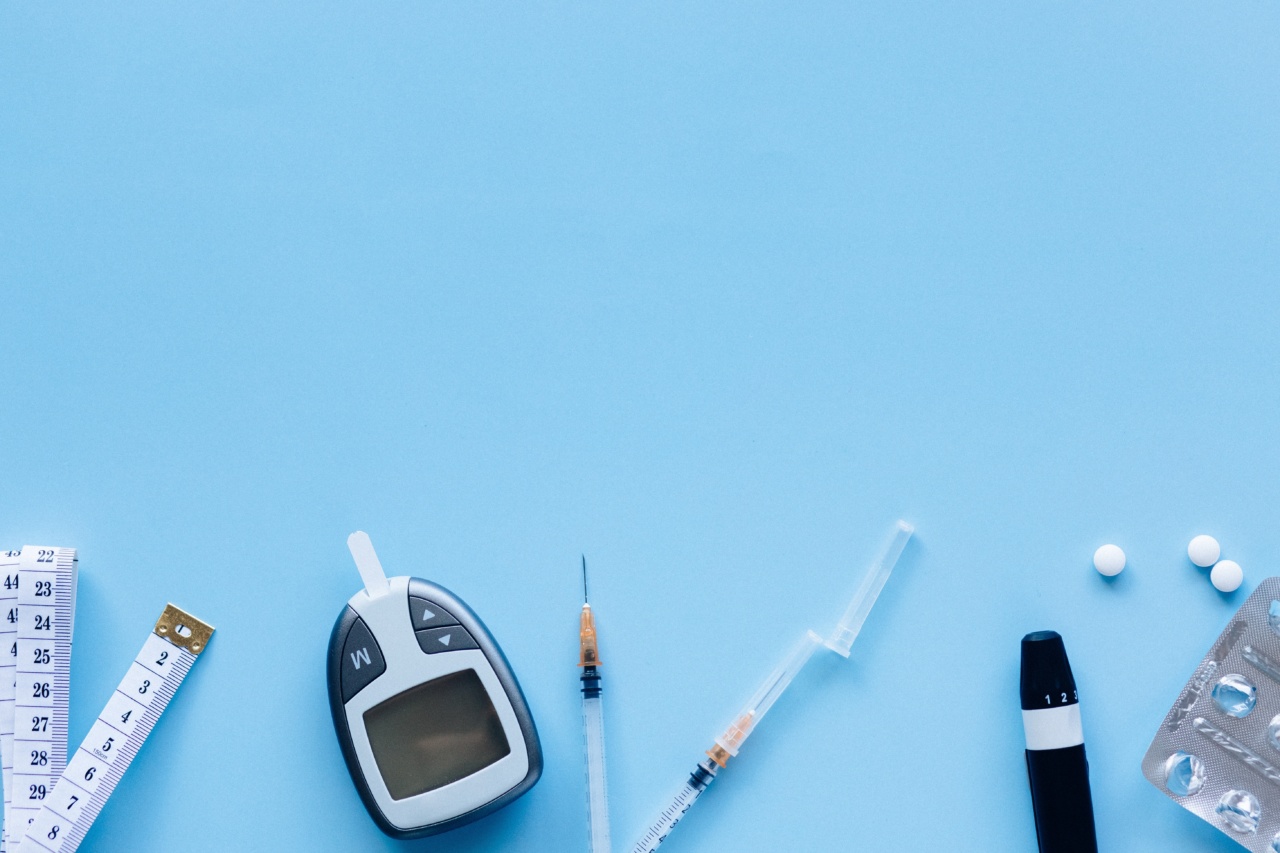Saliva is not just a liquid in the mouth, it holds a lot of crucial information about the human body.
Several researchers and scientists have found that saliva carries proteins, biomarkers, and other useful information that could be used to measure an individual’s health status.
Traditionally, invasive blood tests have been used to diagnose various diseases. However, we’re now seeing a shift towards using non-invasive saliva tests to diagnose several diseases.
Saliva tests are much less invasive and can provide results faster, which is especially important for the diagnosis of diseases like cancer, dementia, and diabetes.
Non-Invasive Saliva Tests for Cancer Diagnosis
Cancer is a disease that is best treated early. The earlier cancer is detected, the higher the chances of survival. However, cancer can be difficult to diagnose and requires invasive tests that are often uncomfortable for patients.
However, researchers have found that saliva tests can be used to diagnose cancer in a non-invasive way.
Researchers at the University of California, Los Angeles developed a saliva test that could detect oral cancer with 91% accuracy. The test could also detect other head and neck cancers with 85% accuracy.
Furthermore, by analyzing saliva, doctors could also determine the level of cancer progression. Detecting cancer early could mean the difference between life and death, and non-invasive saliva tests are making that easier.
Non-Invasive Saliva Tests for Diabetes Diagnosis
Diabetes is a chronic disease that affects millions of people worldwide. Diabetes is usually diagnosed through a blood test that measures the level of glucose in the bloodstream.
However, researchers are increasingly looking at non-invasive saliva tests that can measure levels of glucose in saliva instead.
Researchers at the University of Michigan School of Dentistry found that saliva tests could accurately diagnose type 2 diabetes. They conducted a study involving 50 patients, half of whom had type 2 diabetes and half of whom did not.
They found that the saliva test was accurate in diagnosing diabetes in all the patients who had it. This is fantastic news for people who dislike blood tests and could provide a less intrusive way to diagnose diabetes worldwide.
Non-Invasive Saliva Tests for Dementia Diagnosis
Dementia is a degenerative disease that affects millions of people worldwide. It is a debilitating disease that can severely impact an individual’s quality of life. Diagnosing dementia can be difficult and often requires invasive tests.
Researchers at the University of Alberta, Canada, have developed a non-invasive saliva test that could diagnose Alzheimer’s disease and other forms of dementia with 86% accuracy.
The test involved analyzing a small amount of saliva and looking for specific biomarkers that could be found in people with dementia.
The saliva test was also able to distinguish between Alzheimer’s and other forms of dementia, which is essential for providing the right treatment.
Advantages of Non-Invasive Saliva Tests
Non-invasive saliva tests have several advantages over traditional diagnostic methods. Here are some of the reasons why:.
- Saliva tests can detect diseases early on, which can improve the chances of successful treatment.
- Saliva tests are less invasive than traditional diagnostic methods, which makes them more comfortable for patients.
- Saliva tests are faster and cheaper than other tests, which makes them more accessible to people worldwide.
- Collecting saliva for testing is easy, which means that patients can provide a sample quickly and with minimal discomfort.
- Saliva tests are also non-hazardous and can be used in a variety of healthcare settings.
The Future of Non-Invasive Saliva Tests
The development of non-invasive saliva tests is a tremendous achievement for the healthcare industry. The potential uses for these tests are vast, and we’re likely to see them increasingly used to diagnose diseases in the future.
Scientists are working on developing saliva tests for several other diseases, including Parkinson’s disease, cystic fibrosis, and multiple sclerosis.
The possibilities are endless, and we’re likely to see more breakthroughs in the field of non-invasive saliva tests in the future.
Conclusion
Saliva tests are an exciting development in the healthcare industry, and they’re proving to be effective in diagnosing various diseases non-invasively.
The advantages of saliva tests are numerous, including early detection, less invasiveness, speed, and lower cost compared to traditional diagnostic methods. We can expect to see more types of non-invasive saliva tests in the future, improving healthcare for millions worldwide.






























